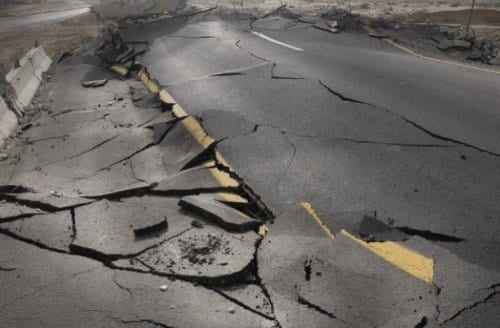
Yaakobu Shrem looked anxiously at his watch. The negotiations were taking a lot longer than he had expected and time was running out. The issues of insurance, legal documents and price had yet to be concluded satisfactorily so he could not yet sign on the dotted line and sell this property in central Mexico City. It was an office building into which he had invested a large amount of money, but with the center of town rather depressed at that period, the building had turned into a costly white elephant which he was keen to sell at the earliest opportunity.
Unfortunately there weren't many people willing to buy at that point and Yaakobu desperately wanted to close the deal with this buyer. However the buyer had stressed that he must leave by tomorrow- Saturday- and it was fast approaching sundown on Friday already. Yaakobu had been keeping Shabbat for some time now but this was the first real test of his commitment. When Shabbat was just 90 minutes away Yaakobu stood up and announced that he was leaving. The stunned lawyers could not understand why he would relinquish such a deal, and even he himself realized that he faced financial ruin if he could not sell the property soon, but he maintained his trust in Hashem and went home for Shabbat.
Just two weeks later, on 19th September 1985, a thunderous earthquake struck Mexico City. Registering 8.1 on the Richter scale, the earthquake caused extensive damage to the Greater Mexico City area and the loss of 5,000 lives. Most of the downtown area was destroyed, but one solitary building remained standing: That of Yaakubo Shrem. The government, in desperate need of housing after the quake, tested his building and found it to be solidly based. They bought the office space from him at a steep price, much more than he would have gained if he sold the edifice two weeks earlier, and Yaakobu made a huge profit from the sale. The Talmud says, (Shabbat 118) “One who keeps the Shabbat receives an estate without borders”, and Yaakobu was able to experience the incontrovertible truth of this statement firsthand.
(Based on “Reflections of the Maggid” by Rabbi Pesach Krohn)
